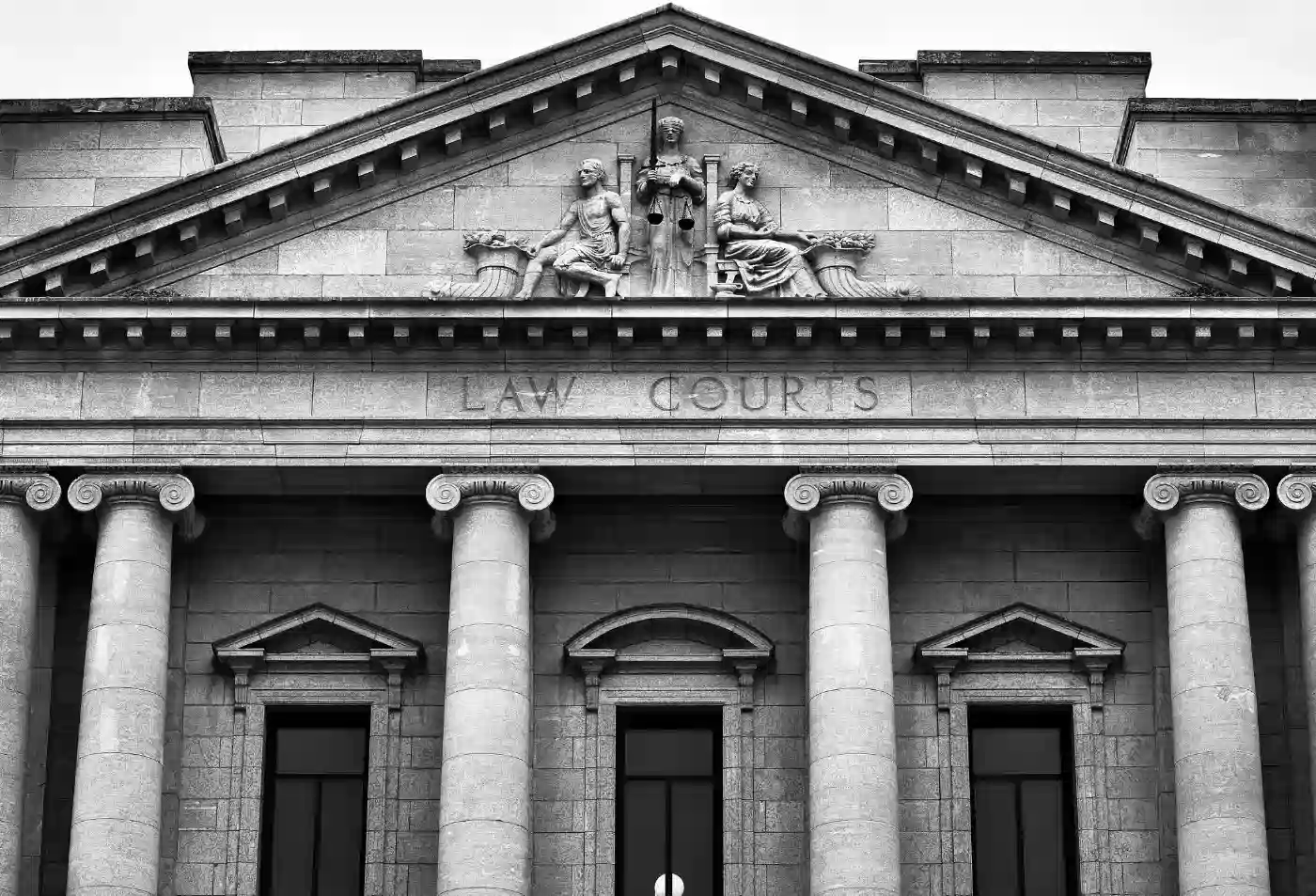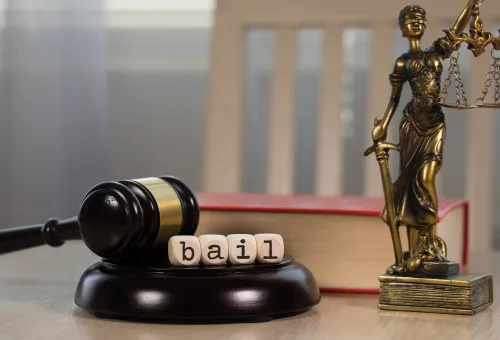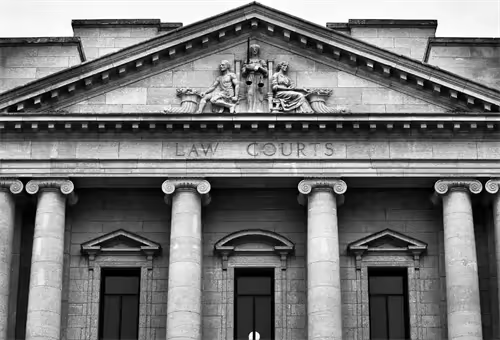When a person is charged with a criminal offence in New South Wales, one of the most urgent legal concerns is whether they will be granted bail. Bail refers to the temporary release of an accused person from custody while awaiting their court proceedings, often under specific conditions that ensure their compliance with the law.
At its core, bail is about maintaining the balance between protecting the rights of the accused and ensuring the safety of the community.
What Is Bail in NSW?
Bail does not determine guilt or innocence. Instead, it is a legal safeguard that protects both individual liberty and the integrity of the justice system.
The Bail Act 2013 (NSW) sets out the framework that governs how police and courts decide whether a person should be granted bail. The legislation outlines the principles, factors, and procedures that must be followed before a decision is made.
How Bail Decisions Are Made
When considering a bail application, the decision-maker (either the police or a court) follows a structured legal process that includes two key stages:
1. The Show Cause Requirement
For certain serious offences, the accused must “show cause” why their continued detention is not justified. This applies to charges such as serious drug offences, violent crimes, or sexual offences. If the accused cannot meet this requirement, bail is likely to be refused.
2. The Unacceptable Risk Test
If the show cause requirement is met, or if it does not apply, the next step is the assessment of whether the accused poses an unacceptable risk in any of the following ways:
- Failing to appear in court
- Committing a serious offence while on bail
- Endangering victims or the community
- Interfering with witnesses or evidence
If these risks can be effectively managed through appropriate bail conditions, the court may grant bail.
Common Bail Conditions in NSW
Bail conditions are designed to reduce risks and ensure that the accused complies with the court process. Typical bail conditions may include:
- Regular reporting to a police station
- Residing at a specified address
- Surrendering a passport
- Avoiding contact with certain individuals
- Observing a curfew or electronic monitoring
- Providing a financial surety to secure compliance
Failing to comply with any bail condition can result in arrest and potential revocation of bail.
Applying for Bail in NSW
Bail can initially be determined by the police at the time of charge. If police refuse bail, the accused will generally be brought before a court at the earliest opportunity, often the next working day.
If the Local Court refuses bail, the accused may have the right to apply to a higher court, such as the Supreme Court of New South Wales. This is often referred to as a “Supreme Court bail application,” which involves a more detailed and strategic approach.
Why Skilled Legal Representation Matters
Bail applications often involve complex legal and factual issues that require careful preparation and persuasive advocacy. A well-structured bail plan, supported by strong evidence and legal arguments, can significantly improve the chances of success.
In one recent case, our legal team assisted a client whose initial bail was refused due to an unresolved visa issue. We promptly helped the client regularise their immigration status and prepared a revised bail application supported by relevant documentation. After our intervention, the court accepted that the issue had been resolved and granted bail.
At Brightstone Defence, our lawyers have extensive experience in preparing and presenting bail applications across a range of complex criminal matters. We act swiftly and strategically to protect your rights, your liberty, and your ability to prepare your defence.
Frequently Asked Questions (FAQ)
- What happens if bail is refused?
If bail is refused, the accused will remain in custody. However, it may be possible to apply for bail again if circumstances change or new information becomes available.
- Can bail conditions be changed?
Yes. An application can be made to vary bail conditions if they are too restrictive or no longer necessary. This must be approved by a court.
- What does a surety mean in bail?
A surety is a person who provides a financial guarantee to ensure that the accused complies with their bail conditions. If the accused breaches bail, the surety may lose the pledged amount.
- How long does a bail application take?
The process can vary. Police bail is decided promptly after charge, while court bail applications may take several hours or days depending on the complexity of the case and court scheduling.
Contact Brightstone Defence
If you or someone you know has been charged with a criminal offence and requires urgent legal representation for a bail application, contact Brightstone Defence. Our experienced criminal defence lawyers provide fast, reliable, and strategic advice to secure your release and protect your rights.
Call us today or send an online enquiry to arrange a confidential consultation.
Disclaimer: This content is based on real cases and news reports and is intended for general informational purposes only. It has been prepared by the criminal lawyer team and reviewed by Partner lawyer Alex Cao. It is not legal advice, and you should consult a qualified lawyer regarding your specific circumstances.





